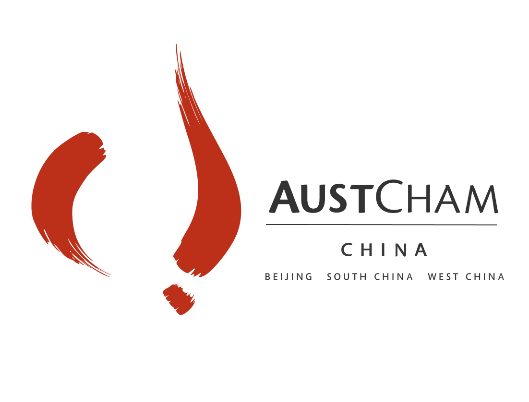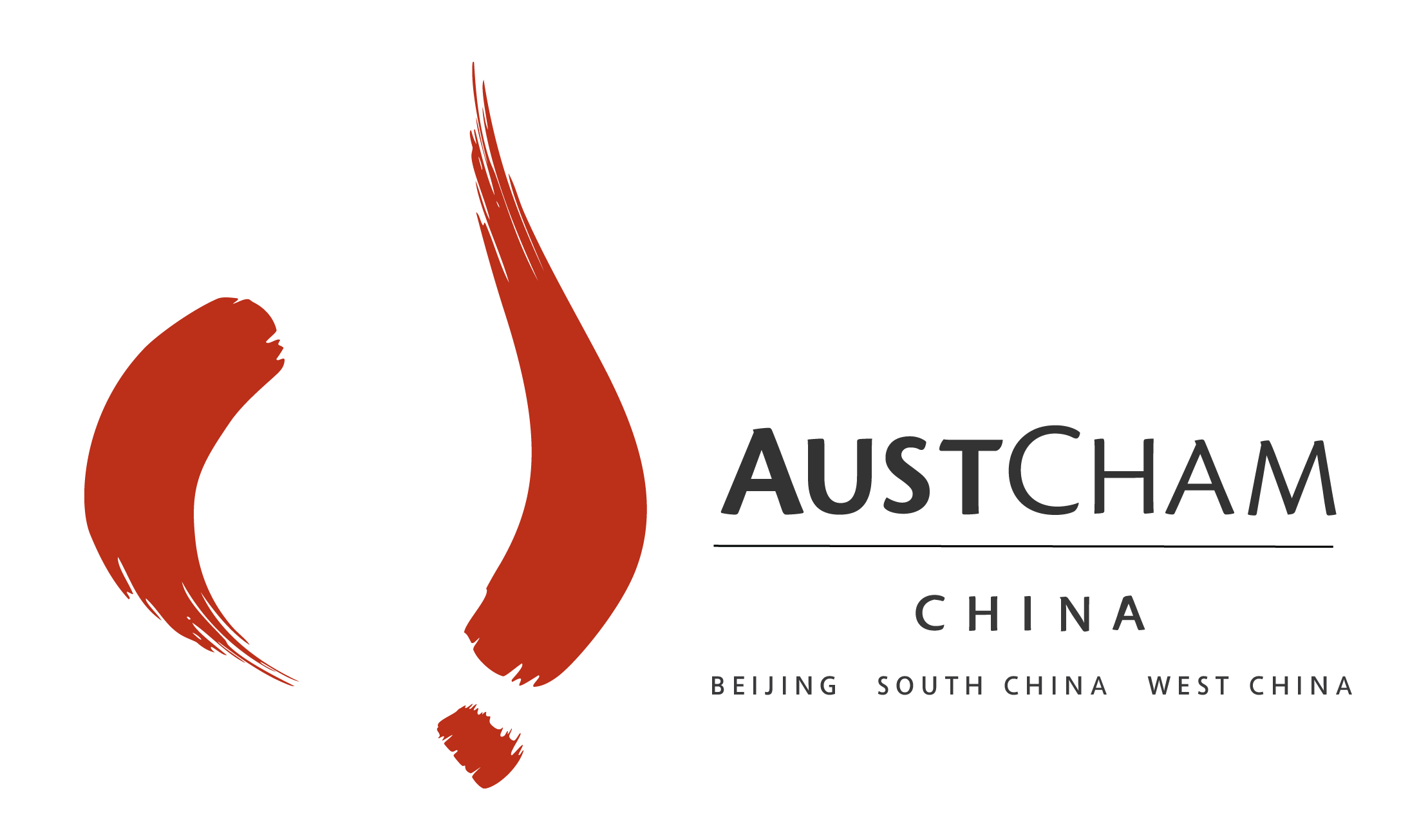In a 国际金融报 press release, the analysis of the China-Australia economic and trade relationship entering a new phase of strategic adjustment, cautious optimism, and deeper collaboration was discussed in accordance to an AustCham survey. The report, the most comprehensive of its kind to date, surveyed 858 businesses deeply engaged in bilateral trade and investment, capturing insights ahead of recent global trade policy shifts—providing a stable benchmark for market sentiment.
The findings underscore China’s enduring appeal for Australian businesses, with strong growth prospects identified in resource industries, agribusiness, and green supply chains—including clean energy technologies, electric vehicles (EVs), and critical minerals. Despite global economic uncertainties and geopolitical risks, nearly 70% of surveyed foreign businesses ranked China among their top three investment destinations for the next three years. Profitability among foreign firms in China surged to over 75% in 2024, up from 58% in 2023, with 51% reporting revenue growth. These figures reaffirm China’s core strengths: its vast economic scale, cutting-edge innovation capabilities, and pivotal role as a hub for future industries.
Traditional sectors like mineral resources and agricultural trade remain foundational to bilateral ties, but the partnership is maturing, with emerging fields such as clean energy, biopharmaceuticals, and healthcare services becoming new growth drivers. Chinese exports of EVs and clean energy technologies are seen as key opportunities, highlighting China’s competitive edge in global manufacturing and green tech. On the investment front, agriculture, clean energy, and food and beverage sectors are flagged as the most promising areas for Australian businesses in China over the next five years. Notably, clean energy has emerged as a shared priority, signaling a shift from transactional trade to an innovation-driven, value-creating partnership.
AustCham China National President Vaughn Barber emphasized, “China’s investments in clean energy, renewables, EV battery manufacturing, infrastructure, and advanced manufacturing bring not just capital but also scale and technological expertise—aligning closely with Australia’s Future Made in Australia (FMIA) initiative to strengthen sovereign capabilities in critical industries. However, these opportunities hinge on a transparent and welcoming investment environment.”
The report also identifies systemic risks, including escalating geopolitical tensions, trade protectionism, supply chain fragmentation, and external policy shocks—such as recent U.S. trade measures. Businesses must enhance resilience, operational agility, and market strategies to navigate this complex landscape. “Succeeding in China requires adaptability and responsiveness to policy trends,” said AustCham China CEO Tian Zhang. “For those who adjust effectively, China remains a highly rewarding market.”
The survey sends a clear message: businesses are not exiting China but recalibrating strategies, deepening local partnerships, and preparing for a more competitive era. For Australia, the imperative is equally clear—to remain globally competitive, policies must foster deeper collaboration with leading economies, including China. AustCham’s report underscores the potential for mutual growth, provided both nations continue to prioritize openness and innovation in their economic engagement.
To view the full press release, click here

